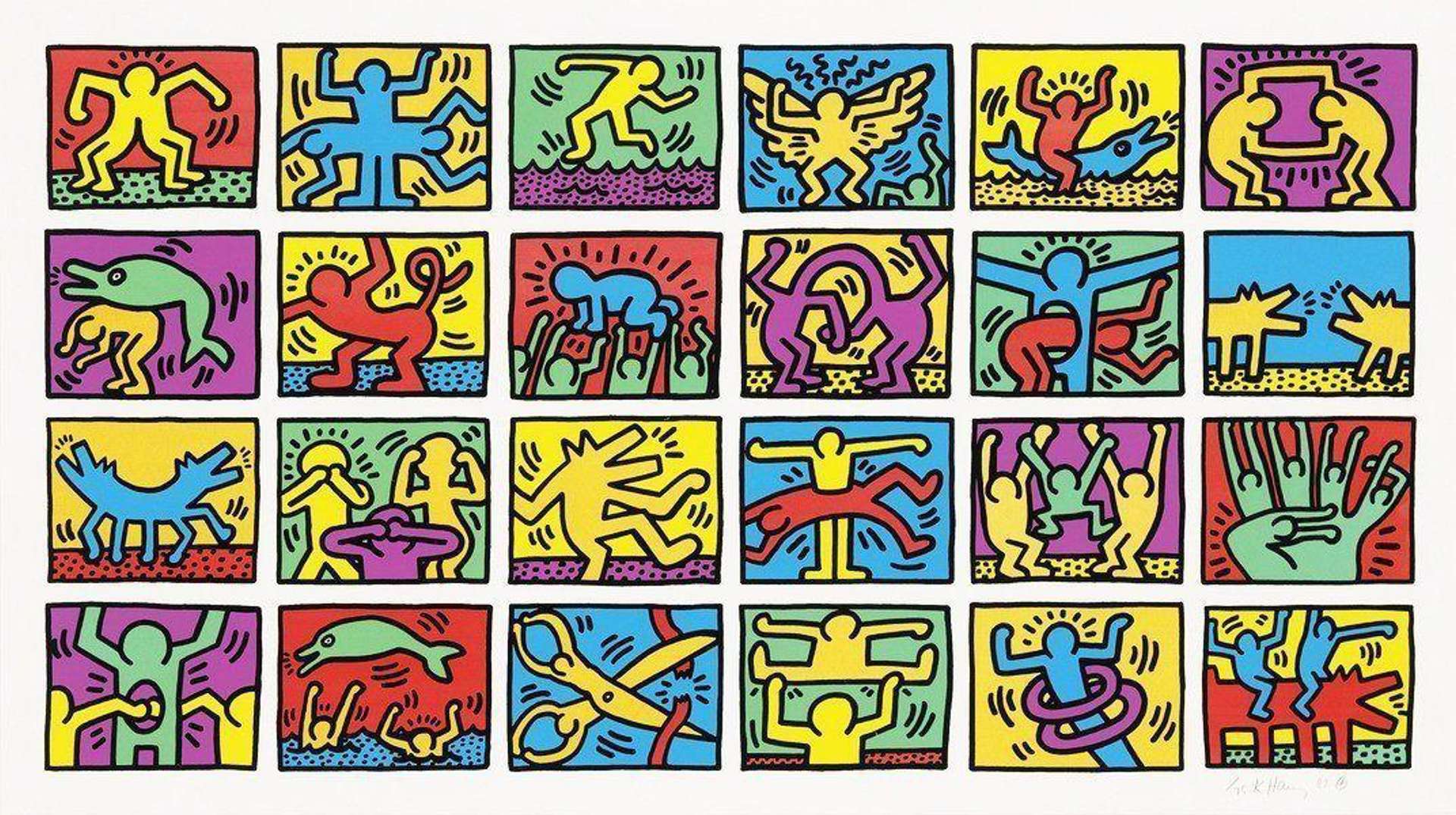
Retrospect

Retrospect
Signed Print
Keith Haring
£170,000-£260,000
$330,000-$500,000 Value Indicator
$290,000-$440,000 Value Indicator
¥1,540,000-¥2,360,000 Value Indicator
€200,000-€300,000 Value Indicator
$1,670,000-$2,550,000 Value Indicator
¥32,360,000-¥49,490,000 Value Indicator
$210,000-$330,000 Value Indicator
AAGR (5 years) This estimate blends recent public auction records with our own private sale data and network demand.
There aren't enough data points on this work for a comprehensive result. Please speak to a specialist by making an enquiry.
Medium: Screenprint
Edition size: 75
Year: 1989
Size: H 116cm x W 208cm
Signed: Yes
Format: Signed Print
TradingFloor
MyPortfolio
Your collection tracked in real time.
Build your portfolio, manage valuations, view return against your collection and watch works you're looking for.
Track auction value trend
Auction Results
| Auction Date | Auction House | Artwork | Hammer Price | Return to Seller | Buyer Paid |
|---|---|---|---|---|---|
| March 2020 | Sotheby's London - United Kingdom | Retrospect - Signed Print | |||
| October 2019 | Christie's New York - United States | Retrospect - Signed Print | |||
| September 2019 | Christie's London - United Kingdom | Retrospect - Signed Print | |||
| September 2018 | Christie's London - United Kingdom | Retrospect - Signed Print | |||
| March 2018 | Sotheby's London - United Kingdom | Retrospect - Signed Print | |||
| April 2017 | Sotheby's New York - United States | Retrospect - Signed Print | |||
| April 2016 | Phillips New York - United States | Retrospect - Signed Print |
Meaning & Analysis
This signed screen print from 1989 is a limited edition of 75 by Keith Haring. Bringing together some of Haring’s most recognisable motifs into the one print, Retrospect features a grid of 24 colourful images rendered in the artist’s simplified and linear style. Presented in the visual vocabulary of a comic strip, each frame is filled with bright, block colours.
Retrospect is indicative of Haring’s desire to create a universal pictorial language that emanates positivity and can be understood by adults and children alike. In using saturated colours, thick outlines and flattened pictorial surface, Haring plays into the visual culture of commercialism and advertisement that characterised 1980s New York. Through enlargement of scale and by establishing his trademark style, Haring brings commercialism into the realm of fine art, fulfilling his populist ideas around creating art for the masses.
Each frame in Retrospect shows a strikingly simplistic figure dancing and moving in a way that radiates a joyous energy to the viewer. This is emphasised by Haring’s use of action lines across the grid and saturated colour palette. Many of these images were taken from Haring’s original Pop Shop series (1988), where he sold these prints at an affordable price to the public.